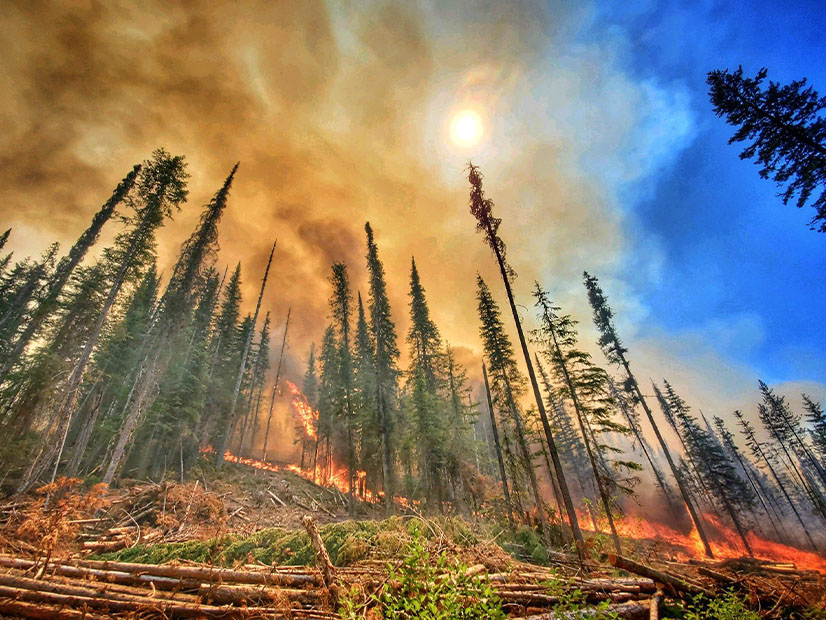
Washington’s first full-time climate change epidemiologist will go on duty starting July 1.
That epidemiologist will work for the Washington Tracking Network, a state health department program that aims to make public health data more accessible to the public, agencies and governments.
Rad Cunningham, senior epidemiologist and manager of the Climate and Health program under the Washington Department of Health, declined to name the new full-time climate change epidemiologist, saying she has not agreed to have her name released until July 1. Actually, Washington is hiring 1.25 full-time equivalent climate change epidemiologists. A quarter-time staffer will begin work for the tracking network on June 16.
The tracking network examines climate change data with an eye to predicting future health effects caused by global warming. The state program would provide this information to city and county governments and health departments as they prepare for the future. The two new epidemiologists are expected to analyze about 20 to 30 years of data and have a good grasp of what to tell various governments and agencies in about two years. Several states have this type of post, although it is not common, Cunningham said.
Washington’s leaders have blamed global warming for increased wildfires, problems with the state’s shellfish industry, a lack of water for farming and numerous health problems and other troubles.
Cunningham noted that an abnormally high heat wave last year was linked to the deaths of 157 Washington residents.
The state Health Department examines the climate change impacts to health with respect to air quality and wildfires, drinking water, extreme heat, pollen, agriculture and ocean acidification.
Global warming is linked to rising acidity levels in Washington’s warming sea waters, causing tiny oyster shells in Washington’s Dabob and Willipa bays to crumble faster than they can grow back. The problem has cut sharply into the state’s oyster harvests, which is a $270 million/year industry.


